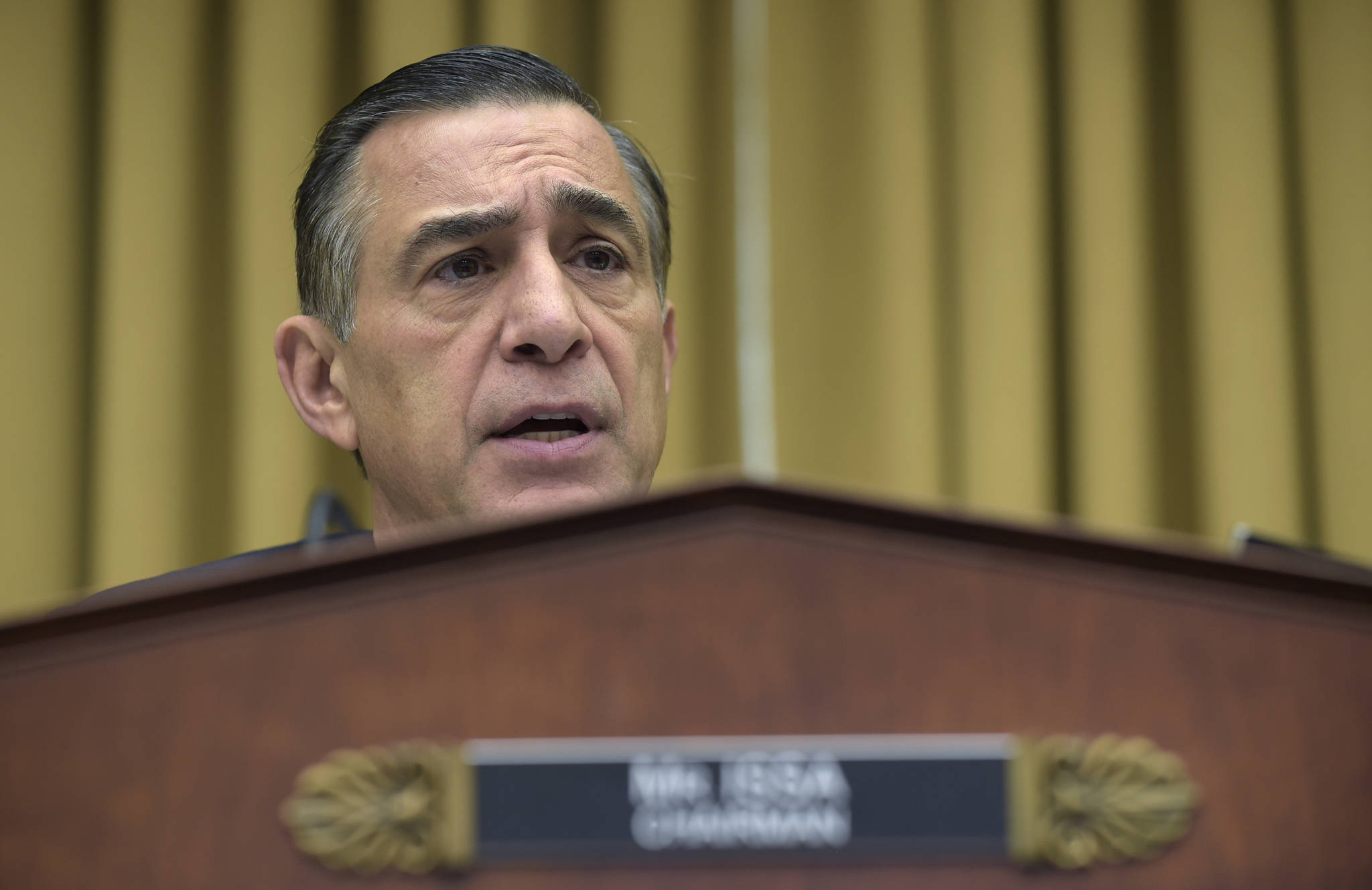WASHINGTON — Three federal judges on Thursday asked Congress not to break up the vast, San Francisco-based 9th U.S. Circuit Court of Appeals, a longtime target of Republicans and a recent foil to President Donald Trump.
The 9th Circuit in February refused to immediately reinstate Trump’s ban on travelers from seven predominantly Muslim nations, prompting the administration to release a new, narrower ban. On Wednesday, Trump renewed his criticism of the court, saying at a Nashville, Tennessee, event that “people are screaming” to break up the 9th, which encompasses nine Western states.
“Take a look at how many times they have been overturned with their terrible decisions,” Trump said. “Take a look. And this is what we have to live with.”
Republicans have floated efforts to split the circuit for decades, arguing that the court has a liberal slant, a high caseload and distances that are too far for judges to travel. The circuit is the largest of the federal appellate courts, representing 20 percent of the U.S. population. It includes California, Alaska, Hawaii, Washington, Oregon, Montana, Idaho, Nevada, Arizona, Guam and the Northern Mariana Islands.
All of the proposals to split it, including the last in 2005, have failed in Congress. Those battles have often pitted lawmakers from California against members of the smaller, more conservative states.
“Circuit division would have a devastating effect on the administration of justice in the western United States,” said Sidney Thomas, the chief circuit judge for the court. “A circuit split would increase delay, reduce access to justice, and waste taxpayer dollars.”
Thomas, who is based in Billings, Montana, was appointed by former President Bill Clinton. The other two judges who testified against the split were Pasadena, California-based Judge Alex Kozinski, appointed by former President Ronald Reagan, and San Francisco-based Judge Carlos Bea, appointed by former President George W. Bush. None were involved in the hearing on Trump’s travel ban.
“I think you should take into consideration the views of people on the ground — the litigants, practitioners and judges in the circuit,” Bea said. “The overwhelming majority of the people directly involved is against a split of the Circuit.”
Rep. Darrell Issa, a Californian and a conservative, led the Judiciary subcommittee hearing to examine ideas for restructuring the court.
“We are all trying to figure out whether to split the court for reasons that should not be ideological,” he said.
But some of his Republican colleagues were more partisan, confronting the judges about their court’s decision on Trump’s ban and other immigration decisions.
“There are a lot of us who are outraged,” said Rep. Jason Chaffetz, R-Utah.
The circuit has 29 judges, many more than the 5th, which is the next largest circuit with 17 judges. It was created in 1891 when the American West was much less populated.
The hearing did not focus on specific bill, but there are at least four bills that would create a split. Lawmakers have been hoping for some momentum since the court’s high-profile decision on Trump’s ban.
Arizona Sen. Jeff Flake, a Republican, has introduced one of the bills. His would carve out Arizona, Nevada, Washington, Idaho, Alaska, and Montana and create a new so-called mountain circuit.
“I have no doubt that the 9th Circuit works well for its judges,” Flake said in a statement submitted for the hearing. “My concern is whether or not it works well for the people of Arizona. It does not.”
Democrats have opposed the split. Sen. Dianne Feinstein, D-Calif., was a leading opponent in the 2005 push, which she said was politically motivated. She has suggested adding judges to the court instead.
At the hearing, New York Rep. Jerrold Nadler said he believes Republican attempts to break up the circuit are dangerous.
“Like clockwork, we see proposals to split up the 9th Circuit whenever it delivers a controversial decision with which conservatives disagree,” the Democrat said.

